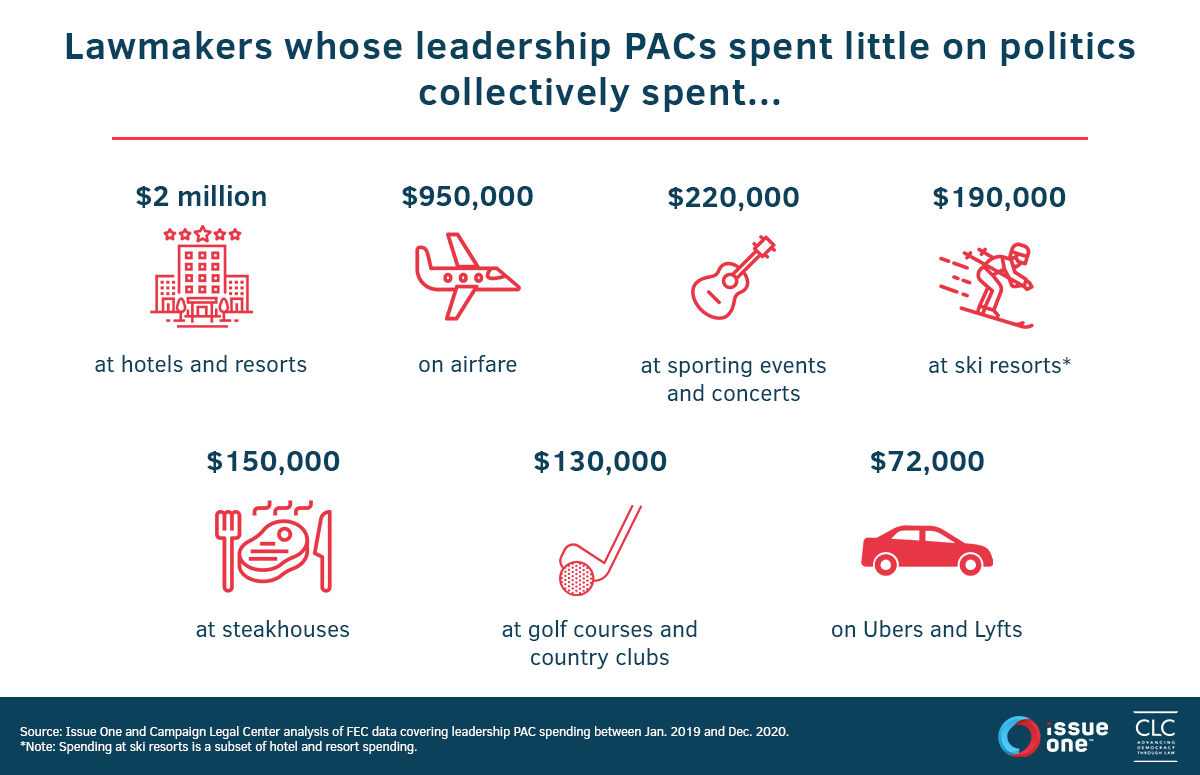Archived
First debate democracy
The first presidential debate on September 26 is expected to be the most watched debate in history and is quickly approaching. Hillary Clinton and Donald Trump must prove to the…
Archived
The two weeks that span the two rival conventions are some of the craziest days in all of politics. The party elite and loyal descend on a city for four days, while protesters, journalists and, of course, lobbyists crowd around them. This year has been no exception.
Here is a round-up of the money-in-politics news that has emerged from Cleveland and Philadelphia.
The Center for Public Integrity (CPI) has been the star of the money-in-politics reporting from the past two weeks. To start, here’s their overview of discrete lobbying in both Cleveland and Philadelphia.
When Donald Trump chose Indiana Governor Mike Pence as his running mate, journalists were quick to note his potential impact on the campaign: Pence is close with critical donors that Trump has alienated, including the Koch brothers.
In the middle of the convention, Trump signaled a reversal of policy: Instead of attacking Super PACs, he would embrace them. Rebuilding America Now, a super PAC founded by Tom Barrack, a friend of the candidate, will be the official Trump super PAC and will likely receive support from Trump.
As Nicholas Confessore reports in the New York Times, lobbyists and corporations — most of whom currently have or soon will have business before the government — paid for much of the convention, even though they may not support the nominee. The CPI reports on the litany of corporate sponsors behind the convention. The RNC was in such desperate need for funds before the convention began they reached out to conservative mega-donor Sheldon Adelson for additional money — about $6 million, to be exact — to keep the convention running smoothly.
At the DNC, the scene was virtually the same — a whole bunch of lobbying and donors, despite the party platform’s staunch opposition to the influence of money in politics. In another post, CPI contrasts the party’s policy position on money in politics with the presence of lobbyists at the convention.
You could be forgiven for thinking that the conventions only serve as free media for each party as they coalesce around their candidate for the fall. But behind the scenes, lobbyists and politicians cut deals and promulgate policies that help key industries. By the balloon drop on the fourth evening, both parties’ agendas had been influenced by special interests, even if each party’s nominee for candidate called for reducing the level of money in politics. That lobbying was more than evident at both conventions. The CPI kept an eye on influence peddling at both the RNC and DNC.
Lobbying at the DNC, however, was overshadowed by leaked emails that detailed the mechanics of party fundraising and courting big donors. We covered the DNC emails on our blog, and other coverage comes from the Washington Post and the New York Times.
Issue: Money in Politics
Archived
The first presidential debate on September 26 is expected to be the most watched debate in history and is quickly approaching. Hillary Clinton and Donald Trump must prove to the…
Archived
Issue One Advisory Board member and former chief ethics lawyer for President George W. Bush asked Hillary Clinton the only question that matters in the discussion about the Clinton Foundation:…
Archived
So now you want the FEC to work, Donald McGahn? It’s a little too late. Yesterday, Donald Trump’s top political attorney and former Federal Election Commission Chair Donald McGahn spit…

